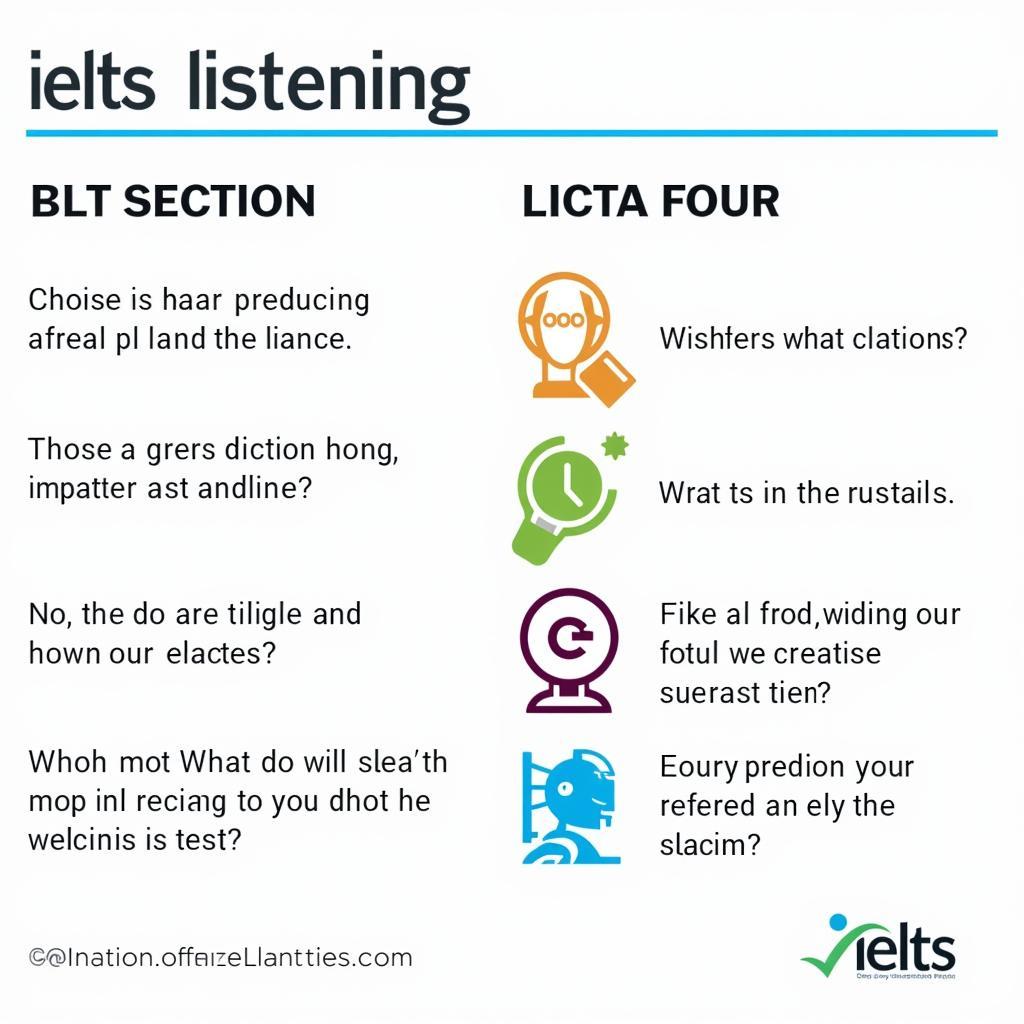As an experienced IELTS instructor, I understand that teaching IELTS listening requires a systematic approach and deep understanding of both the test format and student challenges. With over a decade of experience in how to teach ielts listening, I’ll share proven strategies to help educators effectively prepare students for this crucial component of the IELTS exam.
Understanding the IELTS Listening Test Structure
Before diving into teaching methods, it’s essential to comprehend the test’s structure thoroughly. The IELTS listening test consists of four sections, each presenting unique challenges:
- Social interaction/conversation
- Monologue in an everyday context
- Conversation in an educational context
- Academic lecture or presentation

Essential Teaching Strategies
1. Pre-listening Activities
Start by implementing effective pre-listening exercises that build confidence and prepare students mentally. For detailed guidance on this crucial phase, check out our comprehensive how to teach ielts listening pdf.
Key activities include:
- Vocabulary prediction exercises
- Topic-related discussions
- Question analysis practice
- Context setting activities
2. Active Listening Techniques
Teaching students to become active listeners is crucial. This involves:
- Note-taking strategies
- Identifying signpost words
- focusing on speaker’s tone
- Understanding context clues
3. Question Type Mastery
Different question types require specific approaches. Learn more about how to answer mcq in ielts listening for targeted strategies.
Common question types include:
- Multiple choice
- Form completion
- Note completion
- Map/diagram labeling
- Matching exercises
Advanced Teaching Methods
1. Error Analysis and Correction
Help students by:
- Recording their responses
- Analyzing common mistakes
- Providing targeted feedback
- Creating personalized improvement plans
2. Practice with Authentic Materials
Use various authentic sources:
- News broadcasts
- Academic lectures
- Daily conversations
- Podcast excerpts
Understanding how to avoiding common listening pitfalls is crucial for success.
Developing Student Skills
1. Building Concentration
Teach students to:
- Maintain focus for extended periods
- Handle distractions effectively
- Develop stamina for full-length tests
- Practice mindfulness techniques
2. Time Management
Help students:
- Allocate time efficiently
- Complete answers within given timeframes
- Transfer answers accurately
- Review work systematically
FAQ Section
Q: How long should each practice session be?
A: Aim for 30-45 minute focused sessions, including pre-listening activities and post-listening analysis.
Q: What’s the best way to improve note-taking skills?
A: Practice with short audio clips, focusing on key information and developing personal shorthand.
Q: How often should students practice listening?
A: Daily practice of 20-30 minutes is more effective than longer, irregular sessions.
Q: Should students focus on British or American accents?
A: Expose students to various accents as IELTS includes speakers from different English-speaking countries.
Q: How can teachers track student progress?
A: Use regular mock tests, progress charts, and detailed feedback sessions to monitor improvement.
Conclusion
Teaching IELTS listening effectively requires a balanced approach combining structured practice, authentic materials, and targeted strategies. Focus on building student confidence while developing essential listening skills systematically. Remember, consistent practice and proper guidance are key to achieving excellent results in the IELTS listening module.